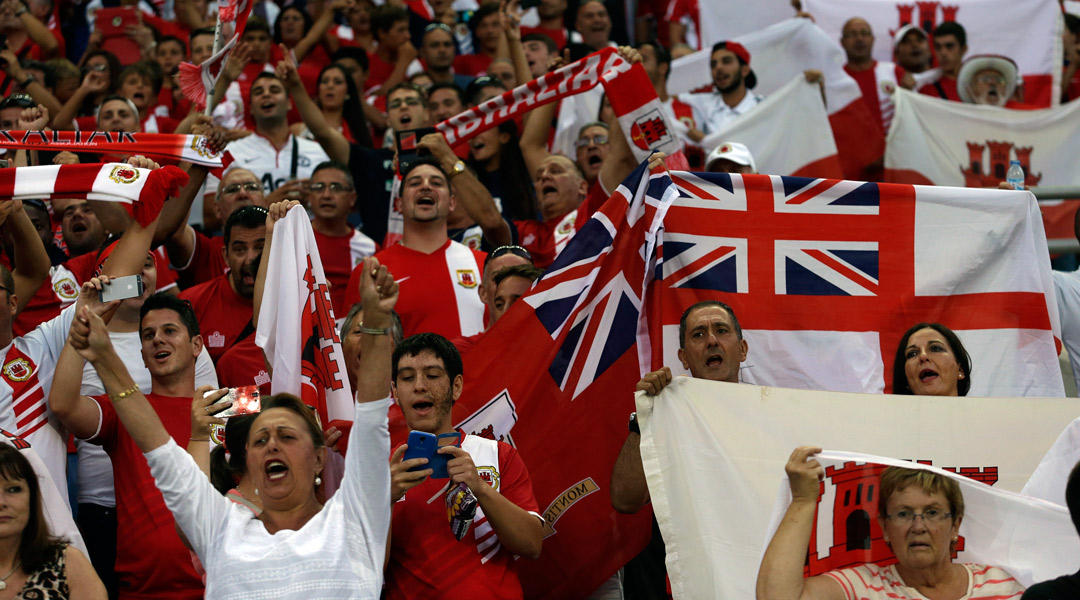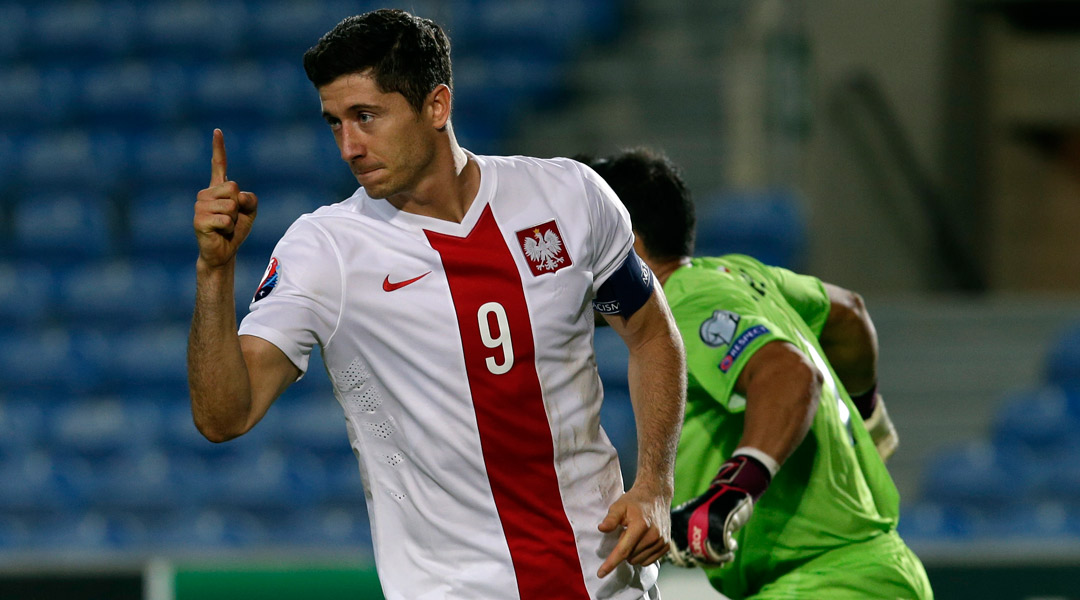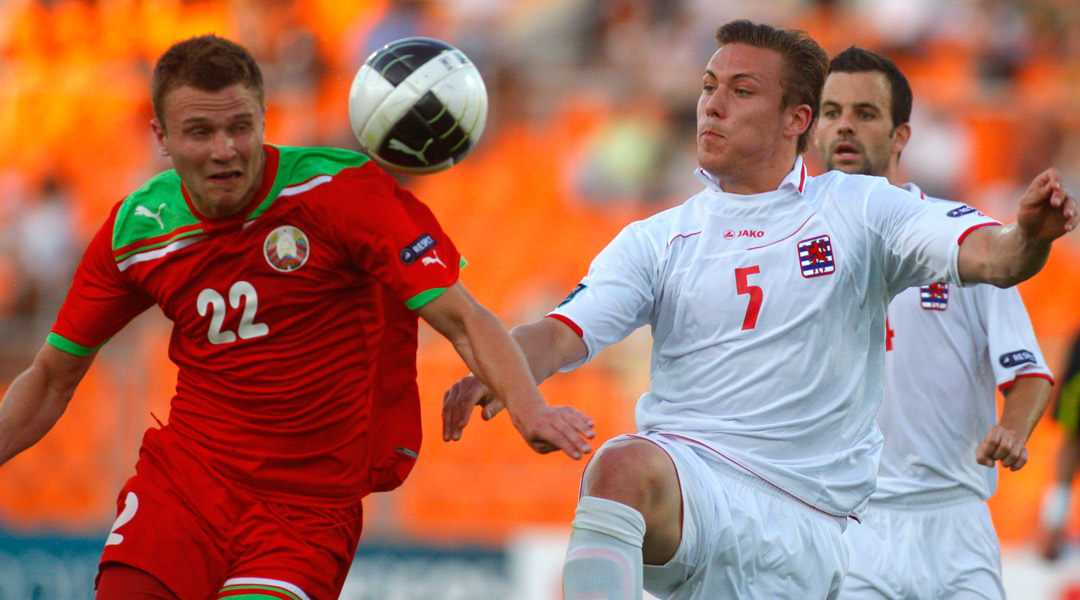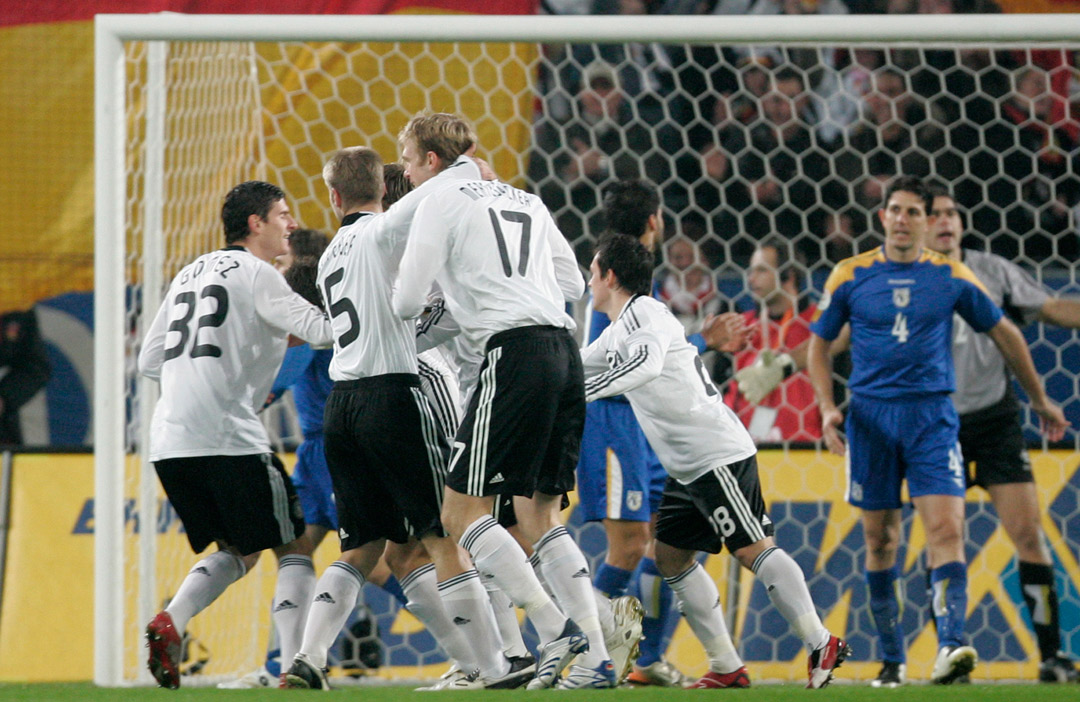Should Europe's minnows be allowed to swim with the sharks?
They're beaten, toyed with and seemingly humiliated on a yearly basis, but the whipping boys of European Championship qualifying aren't in the mood to give up, as Richard Edwards discovers...

If a case was put forth for the expulsion of Europe’s minnows from European Championship qualifying, then the stats would provide pretty compelling evidence for prosecution.
You ready? Since qualification for Euro 1996, Europe’s true minnows – of which for this purpose FFT is counting, in alphabetical order and not sporting ineptitude, as Andorra, Faroe Islands, Liechtenstein, Luxembourg, Malta and San Marino – have amassed a combined goal difference of minus 768.
Newcomers Gibraltar have already entered into the spirit of things, losing 7-0 to Poland in their first ever European Championship qualifier on the Algarve last month.
In short, the goalkeepers of these respective specks of European football have been, and continue to be, used for little more than target practice for some of the continent’s most lethal marksmen (and David Nugent, who netted against Andorra in injury-time on his only England appearance back in 2007).
Get FourFourTwo Newsletter
The best features, fun and footballing quizzes, straight to your inbox every week.
Hope for the hopeless
So when international week rolls around, you could forgive these rag-tag mobs of butchers, bakers and euro candlestick makers for opting to hide behind their sofas rather than running out for their country safe in the knowledge that they're about to receive the sort of hiding traditionally reserved for errant British schoolkids in the 1960s. The reality, though, is somewhat different.
“Representing your country is the ultimate for any footballer, it's what you dream of doing,” Gibraltar and Bristol Rovers midfielder Jake Gosling tells FFT. “We're not running out thinking 'we're going to get a hiding here', we're running out thinking that we want to make the whole country proud.”

Despite the tsunami of goals that has enveloped Europe's minnows in the past 20 years, there have been times when Gosling's wishes have been fulfilled elsewhere.
Liechtenstein, for example, beat Latvia and Iceland in qualifying for Euro 2008, hammering the latter 3-0 in Vaduz. They also upset Lithuania in Euro 2012 qualifying, beating the former Soviet republic 2-0 just months after Scotland needed seven minutes of stoppage-time to conjure a winner against them at Hampden Park.
“You need to give the players confidence,” says the man who led the country to those successes, Hans-Peter Zaugg. “They need to feel the playing field is as level as it can be. Of course, there's an element of realism but you have to make the players believe they can achieve anything. And you have to try to believe that yourself.”
Whipping boys
At least Liechtenstein can draw on previous successes – a luxury not afforded to San Marino or Andorra.
We're running out thinking that we want to make the whole country proud"
Between them these two makeweights haven't won a single point in European Championship qualification. Before their current qualifying campaigns, they'd also shipped an eye-watering 331 goals, and scored just 12.
It's with little wonder that Wales were relieved to avoid the ignominy of drawing with the Andorrans last month, albeit on a 3G pitch that received a distinctly dodgy appraisal.
When it comes to minnows, though, Luxembourg are the crowned princes, having embarked on their first stab at Euro qualification as far back as 1964. Now some 50 years later, secretary general of the Luxembourg FA, Joel Wolff, bristles at the suggestion that his home country should be denied the opportunity of competing against the cream of European football.
And a pre-qualifying competition? Pah, tell your story walking.

“This would be the end of international football in the smaller countries,” he tells FFT. “Who is going to be interested in a pre-qualifying game between Luxembourg and Andorra? And then, don't forget that there are at least 10 smaller countries like Cyprus, Montenegro, Slovenia and Iceland. Where do you draw the line?
“For sure [for our players], playing with the national team is the ultimate for them. And we [the FA] are making a lot of effort – we stop the league and organise training camps with the national team players before each game – to give them the opportunity to be prepared to play international football on a certain level.
“If you don't have the opportunity to play regularly in the qualification competitions for the World Cup or the European Championship then how will it be possible to improve?”
"We always have the possibility to surprise"
He has a point, although the reality appears to be that San Marino and their tiny chums could keep playing for the next 50 years and still be no nearer to providing stiffer opposition for the likes of Germany, who thumped them 13-0 in qualifying for Euro 2008, and the Netherlands, who won 11-0 in qualifying four years later.
The small nations are the salt in the soup. They always have the possibility to surprise and annoy the big nations"
Despite those thrashings, Liechtenstein's current boss Rene Pauritsch tells FFT that it's the nagging fear of being humiliated by the Euro gnats that provides the basis for their continued involvement.
“Qualifying competitions without the small countries would be totally against the general intention of football and against the philosophy of UEFA and FIFA,” he says.
“The small nations are the salt in the soup. They always have the possibility to surprise and annoy the big nations. That’s something that makes football interesting too.”

Shock of Gibraltar
There was no surprise for Poland in their opening qualifying match against Gibraltar. But, speaking to FFT before their historic first competitive match, president of the Gibraltar FA, Desmond Reoch, said the country's success couldn't and shouldn't be measured on the pitch alone.
“Did I ever think we would be here, in a qualifying group with Germany, Scotland and Ireland?” he says. “If you had asked me that 10, or even four or five years ago, I would have said it would never happen.
“It's still all very exciting. The game against Poland was all anyone in the country was talking about, I couldn't walk up High Street without being stopped by people. This is about far more than football.”
Which, considering that collective goal difference, is rather lucky.
